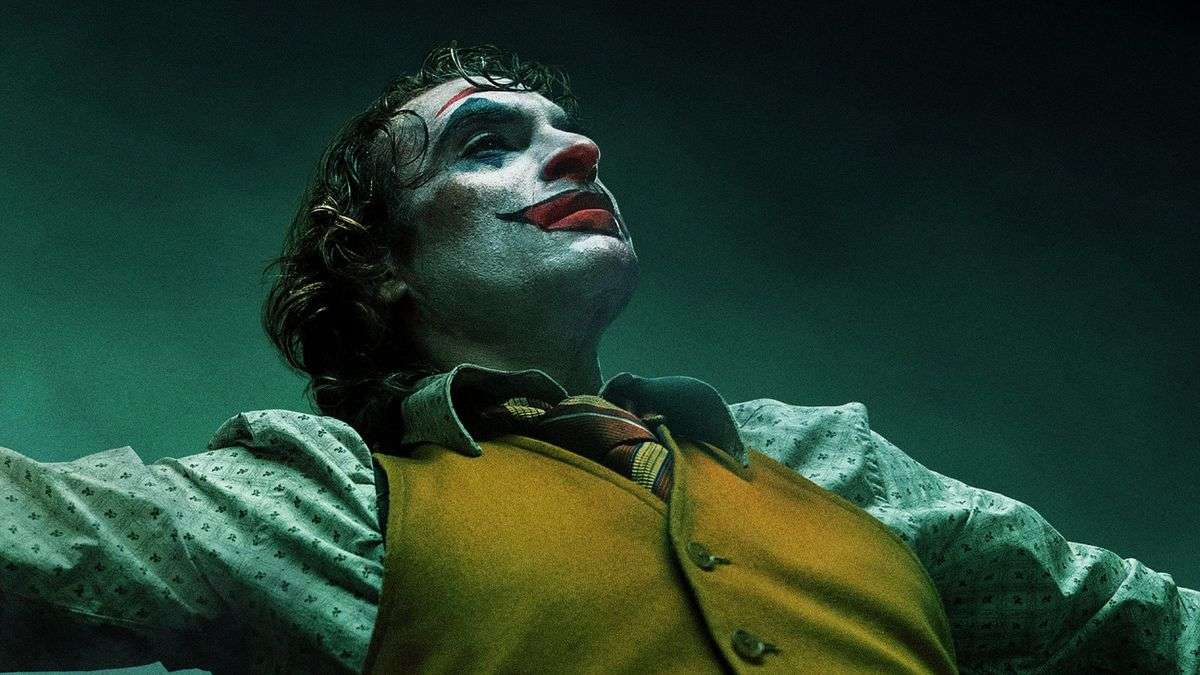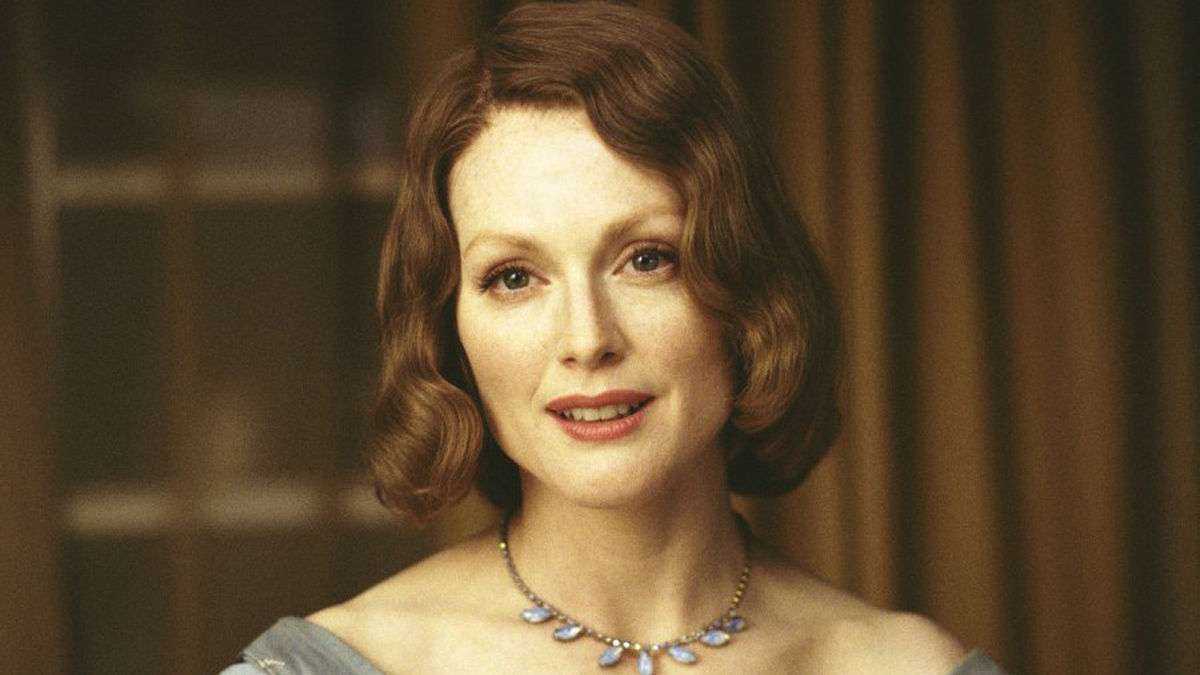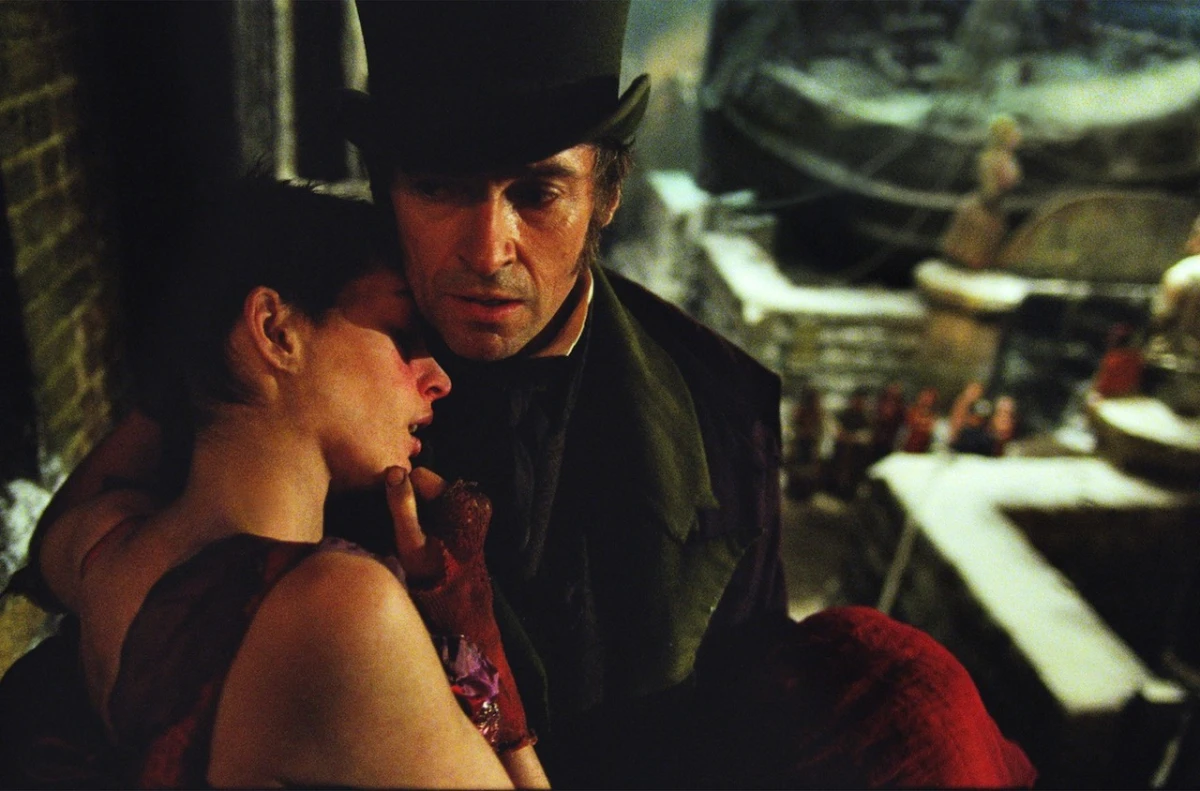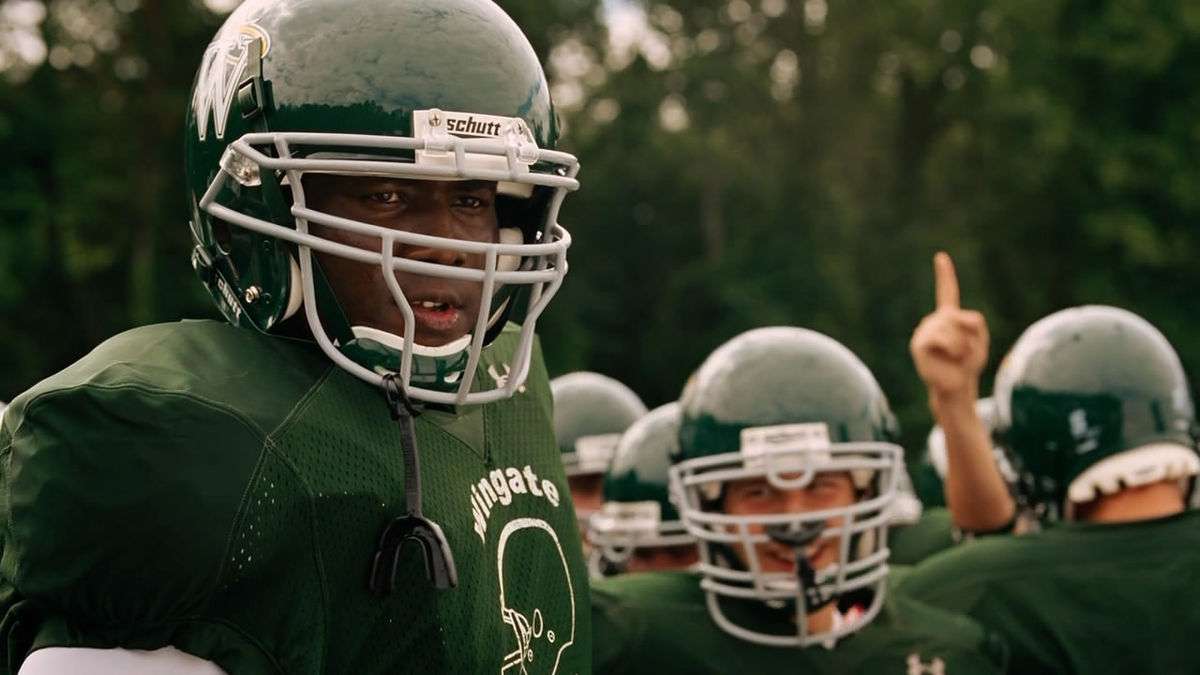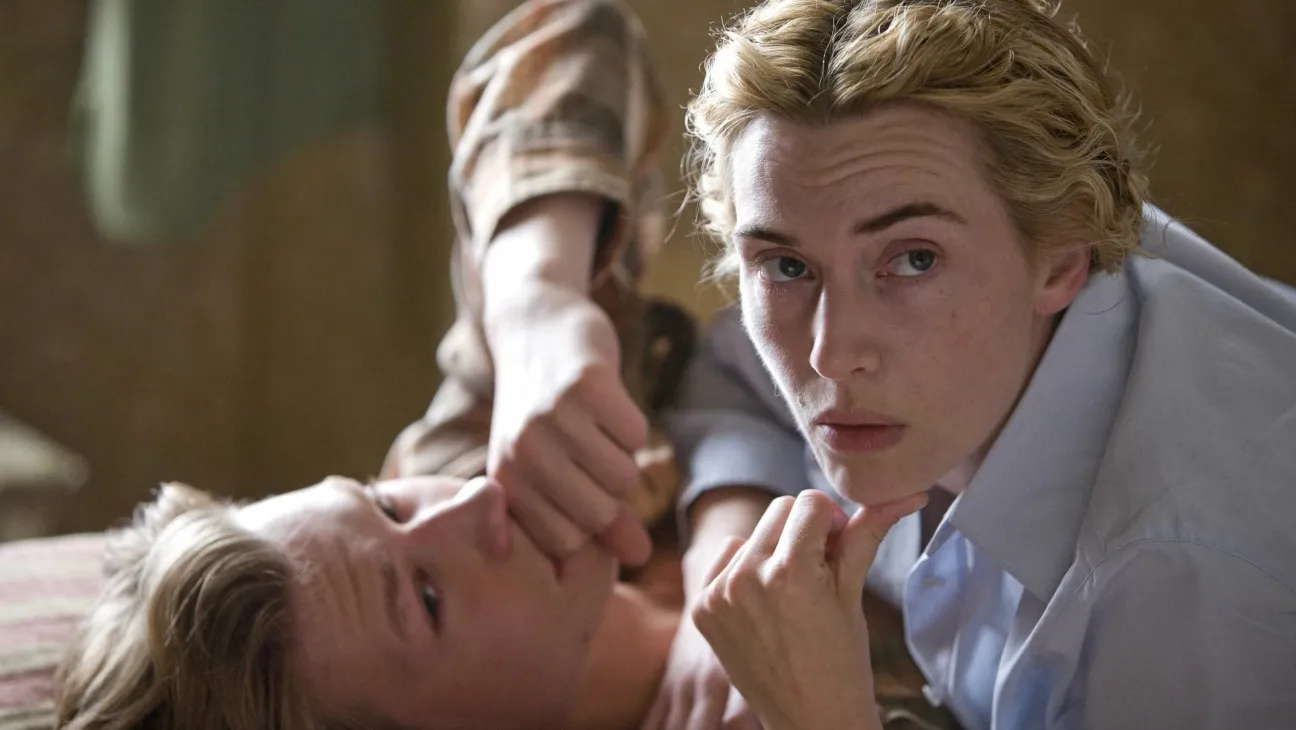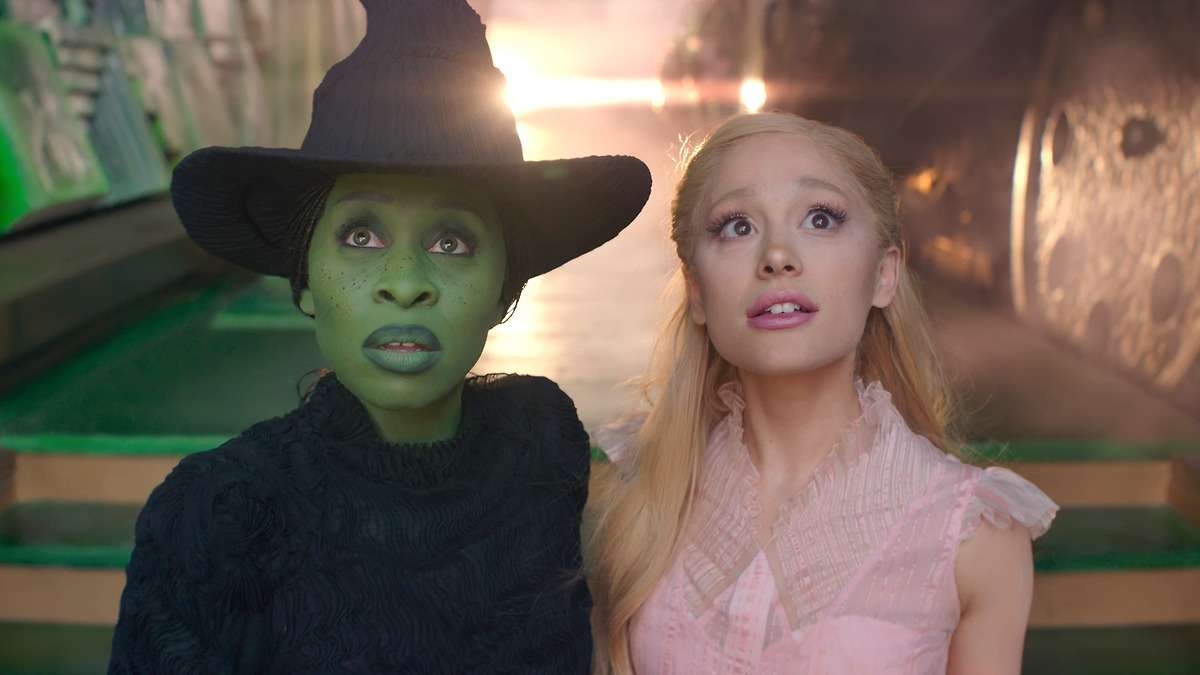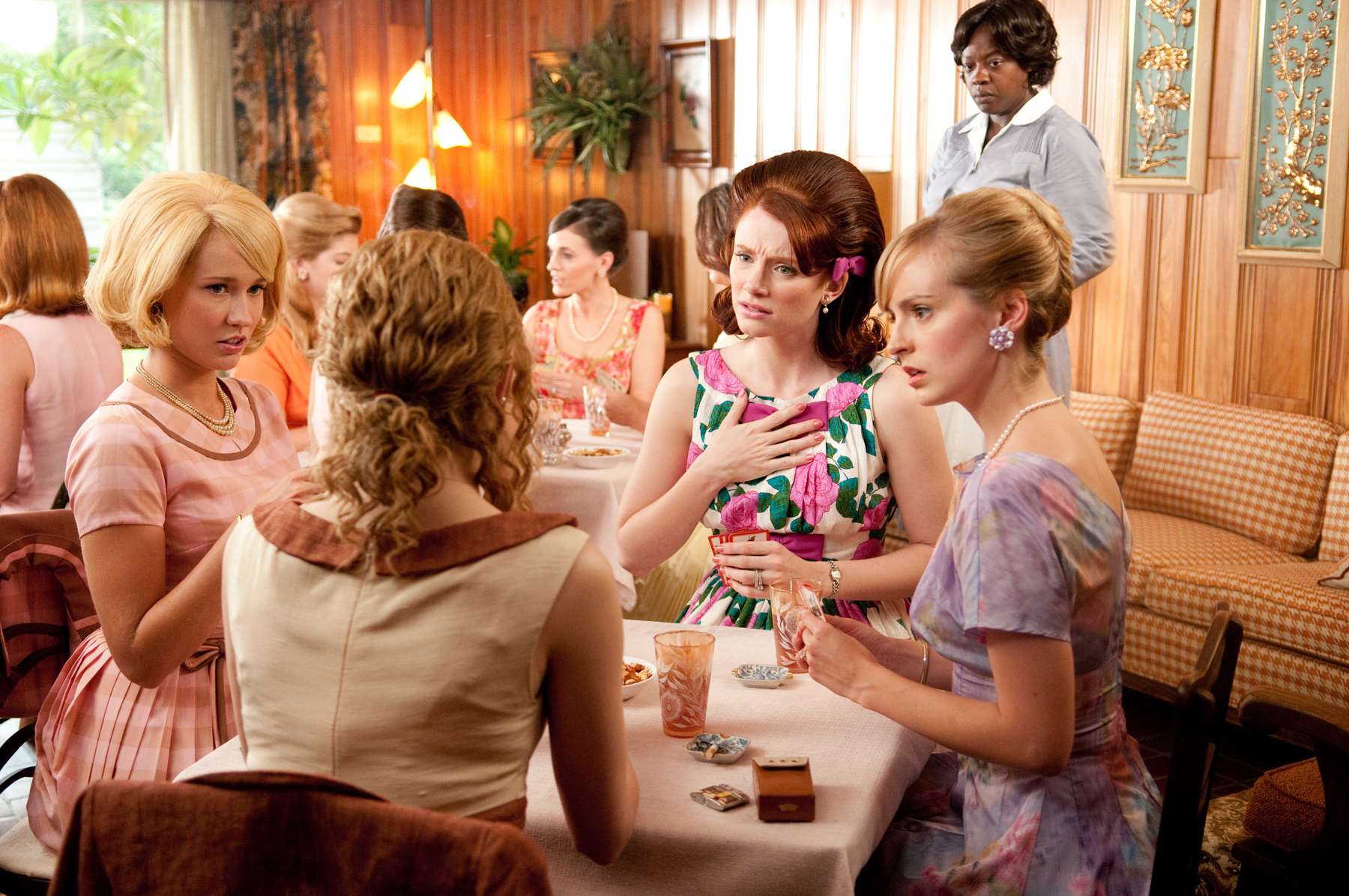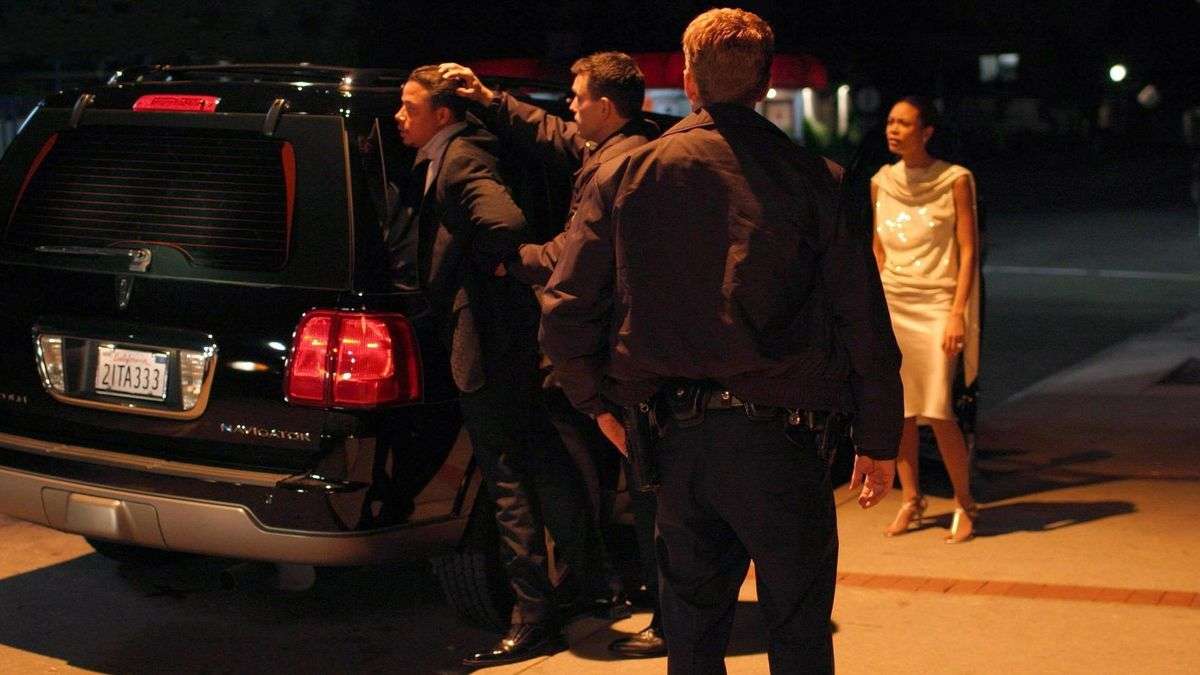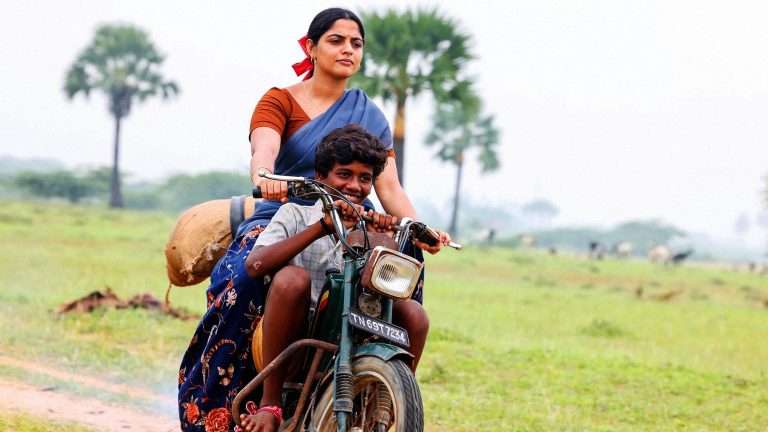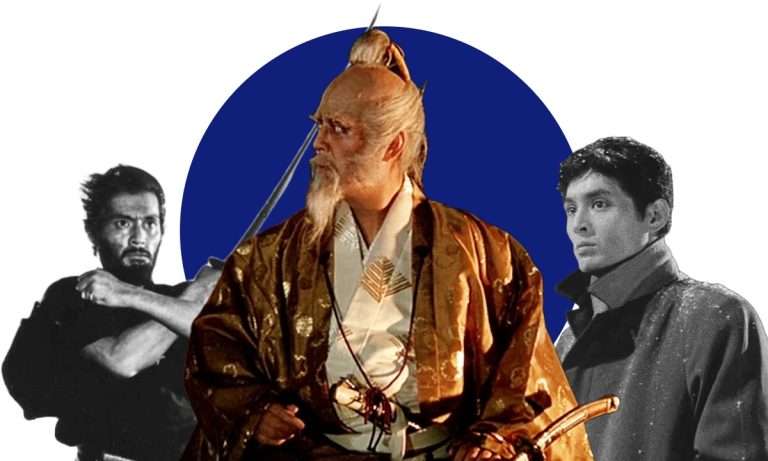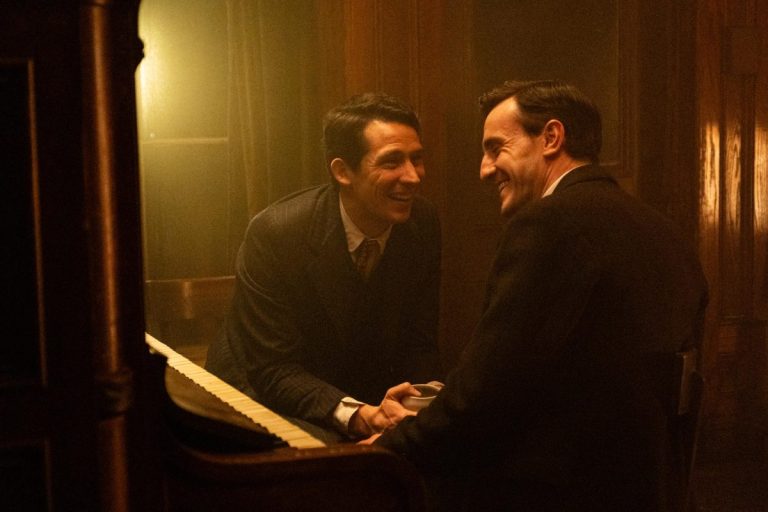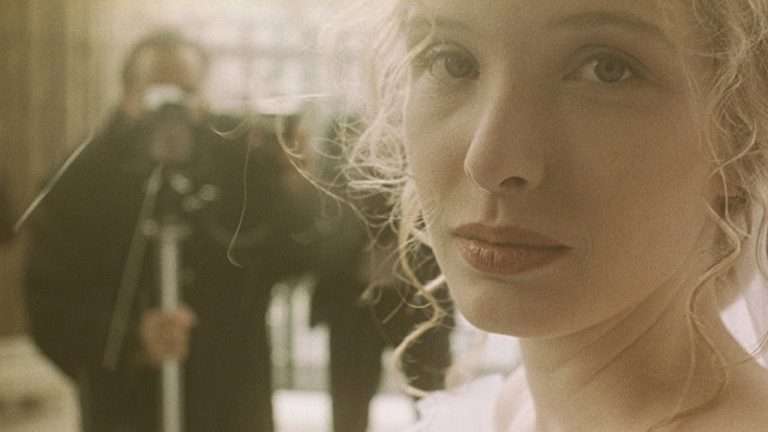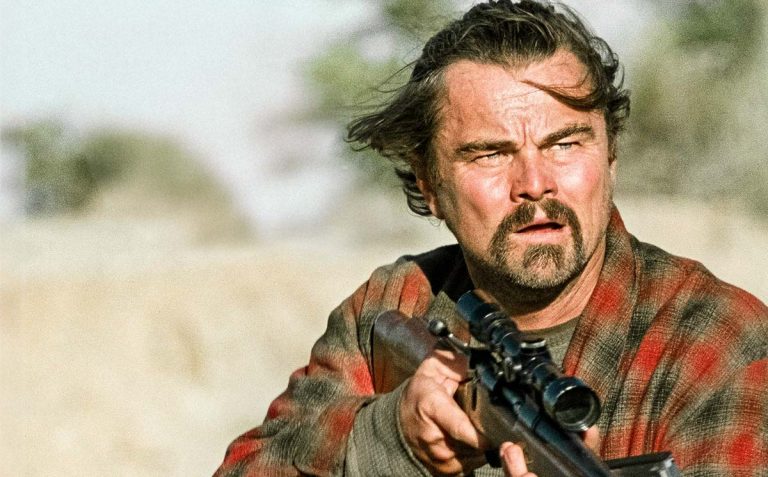The Academy Awards are the most prestigious ceremony in Hollywood and are tasked with recognizing the greatest achievements in cinema within a given year. While the ceremony allows the cast and crew of films to be recognized by a community of their peers, it also serves as a great opportunity to showcase the art of filmmaking to a larger audience. While the Oscars don’t always recognize the single greatest film each year, they generally make good decisions by honoring projects that are worthy of accolades.
Unfortunately, the Best Picture lineup each year tends to have at least one film that is clearly not of the same quality level as its fellow competitors. This issue has grown even more prevalent due to a change that occurred at the 2010 Academy Awards ceremony, in which the lineup was extended to ten nominees. It’s disappointing that the Oscars would choose to dedicate so much time to something that wasn’t worthy, and it is even more upsetting when much better films are snubbed and ignored. Often, a film can be just popular enough with a select portion of voters that it is able to sneak in, regardless of the negative reception that it had previously received from critics and cinephiles. Here are the ten worst Best Picture nominees of the 21st century.
10. Joker (2019)
“Joker” was released in a unique moment in which Hollywood had convinced itself that comic book films were deserving of accolades if they managed to break the mold. While “Joker” was technically inspired by the infamous villain of the “Batman” comics, it had more in common with the dark character studies of the New Hollywood era. Few would argue that Joaquin Phoenix didn’t deliver a haunting performance. Philips’ “Joker” is so deeply indebted to the works of Martin Scorsese, particularly “Taxi Driver” and “The King of Comedy,” that it essentially feels like a work of plagiarism. Arthur Fleck goes through the same obsession with celebrity as Rupert Pupkin and has the same drive to become a vigilante as Travis Bickle.
“Joker” has a lot of commentary on the treatment of those with mental health issues, but its message is so ham-fisted in its delivery that it feels like the viewer is being lectured by director Todd Phillips. Any ounce of subtlety is eroded away by the point that the film ends without saying anything of substance. Considering that truly great comic book films like “The Dark Knight,” “Spider-Man 2,” “Logan,” and “A History of Violence” were not nominated for Best Picture, the accolades for “Joker” are even more beguiling.
9. The Hours (2002)
The term “Oscar bait” is often overused, as many great films that find themselves in the award season conversation earned attention based on merit. However, it is undeniable that the Academy Awards have historically shown favoritism towards period pieces, biopics, and films that explore social issues. This has led to scenarios in which a contrived, melodramatic film like “The Hours” was able to receive a Best Picture nomination in a year where challenging and complex works like “Catch Me If You Can,” “Adaptation,” “Punch-Drunk Love,” and “About Schmidt” were overlooked. “The Hours” is a historical drama that explores the lives of three women, each of whom share a connection to Virginia Woolf’s novel “Mrs. Dalloway.”
Although the performances are quite strong, particularly Nicole Kidman in the role that won her the Best Actress trophy, the characterizations are so broad that they never feel authentic. The attempts to show empathy for AIDS victims and women subjected to prejudice are admirable, but the film comes off as particularly patronizing, as director Stephen Daldry has no aptitude for subtlety. The Oscars often find it challenging to differentiate the intentions of a film from the result. While it was certainly noble that “The Hours” took on such interesting source material with such an unusual narrative structure, the film itself feels like a rather lifeless first draft.
8. Les Misérables (2012)
“Les Misérables” is easily one of the greatest musicals of all time, so to say that expectations were high for the adaptation from director Tom Hooper would be a significant understatement. While the density of the song structure and powerful themes may have made the film compelling for those with no knowledge of the source material, “Les Misérables” is a very sloppy adaptation that only skims the surface of what the musical is really about. The challenging examination of morality through the eyes of both God and the law is absent and replaced by a series of roughly choreographed musical numbers that suffer as a result of Hooper’s decision to have his actors sing live on set.
The visual effects used to bring the French Revolution to life are ghastly, giving the film an aura of fakeness that would never have been present in a stage version. Hugh Jackman does his best with what is one of the most challenging parts imaginable for any actor, but the uneven editing results in a performance that feels oddly miscalculated. It’s even more uncomfortable to note that actors like Russell Crowe do not have any inherent musical ability. “Les Misérables” is inessential for anyone familiar with the stage version, suggesting that Oscar voters are largely ignorant when it comes to assessing different forms of media.
7. The Blind Side (2009)
The Academy Awards have a rather uncomfortable history when it comes to race, as evidenced by awarding regressive films like “Driving Miss Daisy” and “Dances With Wolves” with Best Picture. On its surface, “The Blind Side” is an inspiring story about a southern woman (Sandra Bullock) who takes in a homeless African American teenager (Quinton Aaron), who turns out to be a talented football player. Unfortunately, “The Blind Side” plays into almost every “white savior” trope imaginable, and doesn’t do enough to give Aaron’s character any individuality.
Although it was apparent that “The Blind Side” had indulged in racial stereotypes from the moment it was released, the film itself is structured in the most generic way. Those familiar with the fundamentals of sports films could easily predict how each of the story’s beats played out; the only section that truly diverges is a final plot line involving college interviews, which also feels entirely tacked on and schmaltzy. “The Blind Side” is also rather antiquated in its depiction of football itself, as there are few memorable sports scenes or analyses of strategy. Bullock’s charisma may have brought “The Blind Side” a lot of goodwill, but the film itself is a generic, occasionally problematic work of populism that didn’t deserve to even be in the awards conversation.
6. The Reader (2008)
“The Reader” is a gross simplification of a very tricky era in history that feels simplistic at its best, and brazenly offensive at its worst. Based on the novel by Bernhard Schlink, “The Reader” explores the romantic relationship between the German teenager Michael Berg (David Kross) and the older woman Hanna Schmitz (Kate Winslet), who was later put on trial for her alleged involvement with the Nazi regime in the Holocaust. Winslet earned the Academy Award for Best Actress for her role in “The Reader,” even though she gave a much better performance the same year in “Revolutionary Road.”
“The Reader” is a fairly pedantic examination of a romantic affair that does very little to explore the complexities of the age gap and class differences between Berg and Schmitz. Instead of engaging with history, the film uses the backdrop of the Holocaust to simply add further tragedy to the situation. Berg is not a compelling protagonist in the slightest, and the flashes to an older version of the character (played by Ralph Fiennes) only make the pacing less fluid. Winslet’s performance is characterized by an odd accent, and the film’s refusal to give Schmitz any dimensions is deeply uncomfortable when considering the historical context. It’s worth noting that the 2009 Oscars, in which “The Reader” was nominated over “The Dark Knight,” “The Wrestler,” and “Wall-E,” resulted in the Academy Awards expanding their lineup to ten nominees the following year.
Also Related: All 2025 Oscar Best Picture Nominees, Ranked
5. Wicked: Part One (2024)
“Wicked: Part One” is a visually bland, sloppily assembled version of a popular musical that feels amateur on every craft level. Although “The Wizard of Oz” is a film that has stood the test of time for its incredibly vibrant colors and gorgeous sets, “Wicked: Part One” has a veneer of plasticity as a result of its backlit cinematography and emphasis on computer-generated-imagery. Oz never feels like a real place, and the characters Glinda (Ariana Grande) and Elphaba (Cynthia Erivo) are simply there to deliver heavily filtered vocal performances and then left to wander aimlessly as director Jon M. Chu inserts dull expositional chunks in between the musical numbers.
“Wicked” often hints at issues that would complicate its material. The notion of scapegoating a minority group could have had real resonance if the film had dared to have an ounce of subtlety, and the complex dynamics of race and class are simplified as a result of broad characterizations. The decision to split the film in half is disastrous, as the material lacks the depth that allowed individual installments in “The Lord of the Rings” or “Dune” franchises to stand on their own. The nomination of “Wicked” sets a dangerous precedent that the Oscars will nominate any film that becomes a financial success, regardless of quality.
4. The Help (2011)
“The Help” may have succeeded in convincing Oscar voters that it was “old-fashioned,” but Tate Taylor’s disastrous adaptation of the popular novel by Kathryn Stockett is broadly simplistic, and irons out any sense of depth for the sake of being a crowd-pleaser. This one was destined to generate controversy based on the fact that the film is told from the perspective of the white protagonist Skeeter Phelan (Emma Stone), who authored a book about the experiences of African American maids in the Deep South during the 1960s.
“The Help” shows no willingness to give any sense of authenticity to its subject material, as the depiction of racism is devoid of any grittiness. Even if the film was attempting to sand off the rough edges to appeal to a broader audience, it is so indulgent in African American stereotypes and white savior myths that it is difficult to admire the intentions. What’s frustrating about “The Help” is that both Viola Davis and Octavia Spencer give terrific performances, which are sadly left feeling truncated because the film isn’t interested in them being anything other than the bearers of tragedy. At 146 minutes, “The Help” is littered with underdeveloped subplots and devoid of any legitimate insight on race relations – few Best Picture nominees will age worse.
3. Crash (2004)
“Crash” didn’t just receive backlash because it won Best Picture over far more worthy films like “Brokeback Mountain” and “Good Night and Good Luck,” but because it is a sloppy, superficial assessment of social tension in America that somehow manages to insult every group that it intends to explore. While Best Picture winners like “The King’s Speech” and “CODA” were good films that got criticism for beating far superior ones, “Crash” is both lazily assembled and relentlessly unsubtle in its approach.
Between a racist cop (Matt Dillon), a privileged trophy wife (Sandra Bullock), a belligerent politician (Brendan Fraser), and a mixed-race couple (Don Cheadle and Jennifer Esposito), “Crash” features broad caricatures with no intent to subvert them. Despite the intention to take up difficult conversations regarding race and class, “Crash” presents either unrealistic solutions or cynical observations about the inability to create progress. Although there are many impressive performances, including standout roles from Terrence Howard and Michael Peña, the script is so indulgent in cliches that nothing about “Crash” is compelling. The film’s aesthetics are also quite dull, as the cinematography and set decoration feel closer to that of a network procedural than a prestige film. Some Best Picture winners are accused of having “aged poorly,” but “Crash” was never worthwhile in the first place.
2. Emilia Pérez (2024)
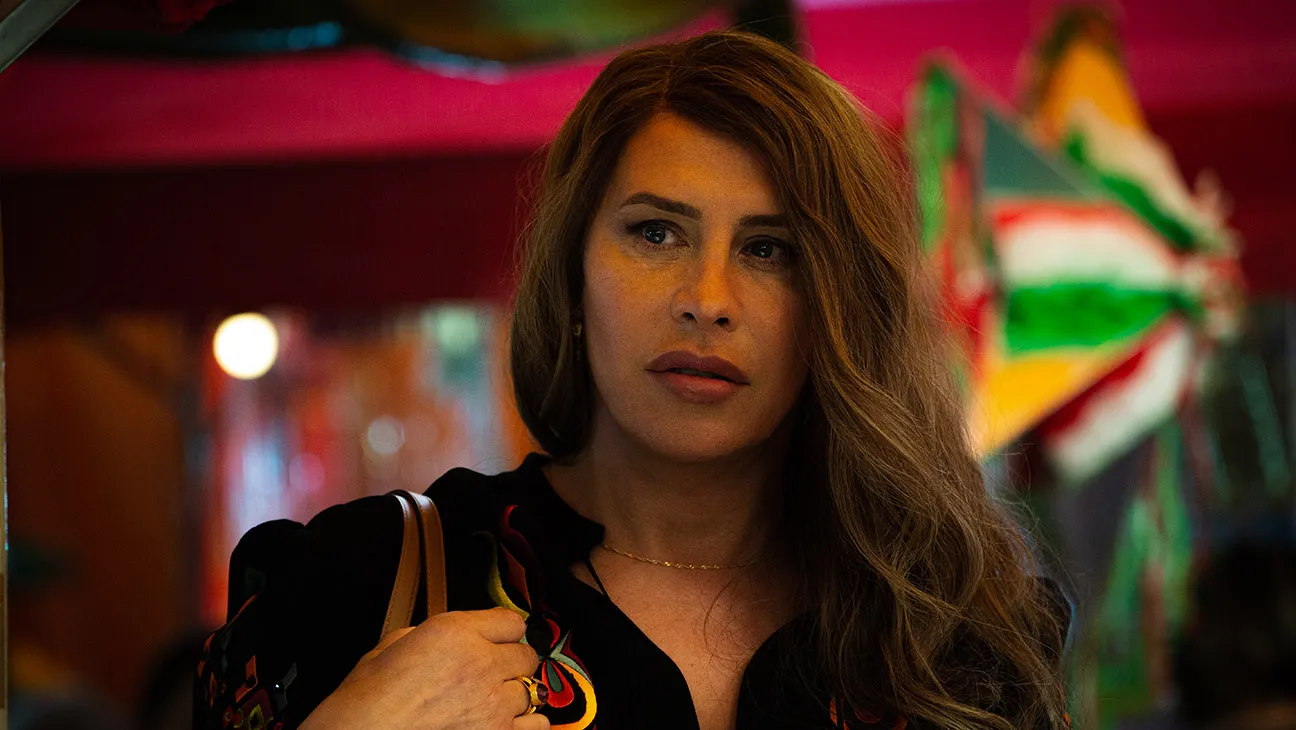
“Emilia Pérez” isn’t just obtuse in its characterization of the LGBTQ community and Hispanic people, but completely uninterested in exploring the social issues that it addresses. Jacques Audiard has always had an eye for self-aware melodrama, but “Emilia Pérez” is so aggressive in pushing the audience out of their comfort zone that its empty core is revealed. The titular character played by Karla Sofía Gascón is the butt of a joke that treats transgender people as an abnormality and depicts the Mexican people as either ruthless drug dealers or hapless victims. She’s not even the true narrator of her own story, as it’s the lawyer Rita Mora Castro (Zoe Saldaña) who has anything that remotely resembles a character arc. Saldaña does her best to give Rita a more complex outlook on the events of the film, but the screenplay refuses to give her any room to take serious action.
As a musical, “Emilia Pérez” is filled with bold choices that don’t pay off, resulting in musical numbers that fail to develop characters or move the plot forward. The songs themselves are also very unmemorable, as even a talented singer like Selena Gomez isn’t able to make use of her abilities. Perhaps boldness was enough to impress Oscar voters, but “Emilia Pérez” is a mishandled disaster on every level.
1. Extremely Loud & Incredibly Close (2011)
“Extremely Loud & Incredibly Close” is the equivalent of a Lifetime movie that uses a recent tragedy to take advantage of the viewers’ sympathies. However, there’s nothing about the film’s construction that suggests it has any interest in treating its characters as anything but victims. The protagonist Oscar Schell (Thomas Horn) is subjected to ridicule and hardship as a result of his autism and lost father, but this doesn’t mask that he’s a character with no defining characteristics. Talented actors like Tom Hanks, Sandra Bullock, and Max von Sydow are enlisted to give memorable speeches in an attempt to give the film meaning, but they can’t give any substance to the script when “Extremely Loud & Incredibly Close” has nothing to say.
The lack of aesthetic innovation in “Extremely Loud & Incredibly Close” is almost shocking, as the film avoids any interesting ways to frame its flashbacks in favor of drawn-out, melodramatic exchanges. The story lacks momentum, as Oscar’s quest to unpack his father’s past is merely an excuse for the film to tie together its various ideas, and concludes with one of the most overtly obvious metaphors in recent cinematic memory. The fact that a film as dull and opportunistic as “Extremely Loud & Incredibly Close” received a Best Picture nomination is upsetting; the fact that it received that nomination in a year that included “Drive,” “Tinker Tailor Soldier Spy,” “Shame,” “Margin Call,” “Warrior,” and “50/50” is just insulting.

